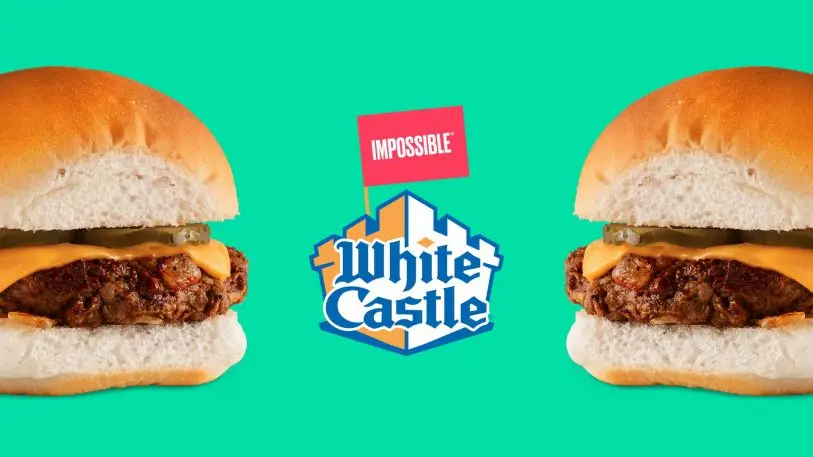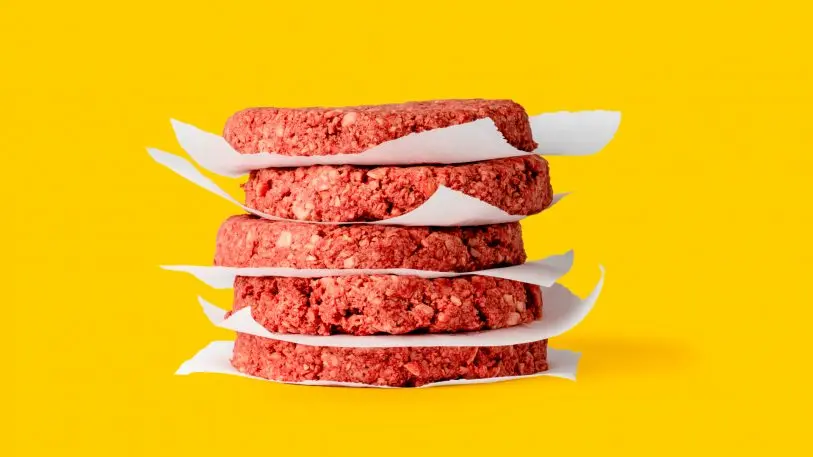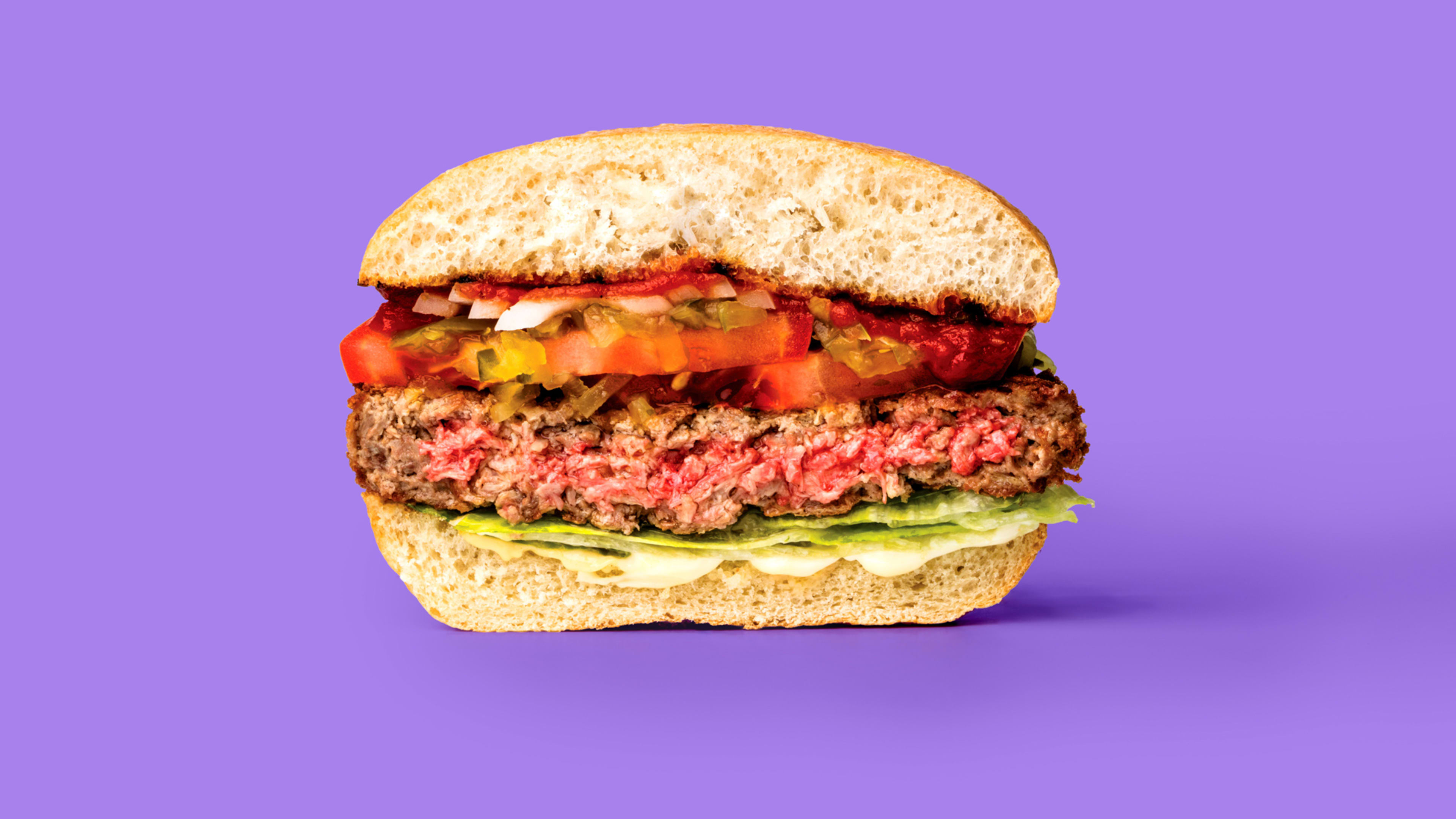When the Impossible Burger–a plant-based burger designed to sizzle, smell, taste, and bleed like beef–launched in July 2016, it was available first in Manhattan at Momofuku Nishi, a restaurant that also sells $39 strip steak and $62 lobster fra diavolo. Momofuku’s upscale version of the burger is $18. Now, after quickly scaling up, the burger is taking the next step into the mainstream: The fast-food chain White Castle will begin selling Impossible Sliders for $1.99.
“Even before we launched our first proof of concept for the Impossible Burger, we have always intended to be available everywhere, and to be affordable,” says David Lee, the chief operating officer at Impossible Foods. Now, he says, “We’re producing at a level of scale out of our Oakland facility where we can afford to provide this product at a fraction of what we were probably known for a short year and a half ago.”

Foodies will still be able to eat pricier versions of the burger, just as it’s also possible to buy $20 beef burgers. But Impossible Foods is aiming for scale because of its mission–making its burger from plants emits 87% fewer greenhouse gases than a beef burger, uses around 75% less water and 95% less land, and avoids factory farming’s many other problems, like antibiotic use.
By making that burger appealing to meat-eaters, rather than the only the smaller vegetarian market, the company can begin to make a dent in the environmental footprint of food. The key ingredient is the company’s plant-based heme, the same molecule that makes blood red and gives meat its characteristic taste.
White Castle, which spawned the country’s first fast-food chain after pioneering burger assembly lines in the 1920s, is a logical place to begin to reach that broader market. The company has 376 restaurants today; the Impossible Slider, served with smoked cheddar cheese, pickles, and onions on White Castle’s bun, will be available at 140 restaurants in New York, New Jersey, and in and around Chicago. If the first tests go well, the chain may sell the sliders nationwide.
Around 1,300 other restaurants, including Fatburger and Umami Burger, also now sell the Impossible Burger, though White Castle will be the first to offer it at a large scale. In March, the burger launched at the Oakland Coliseum, where it’s sold at concession stands during baseball games. Later this month, the burger will launch in Asia, its first market outside the U.S. The company plans to add a second shift at its Oakland production facility to keep up with demand.

“Two years ago, there may have been a question as to whether there was consumer demand for the Impossible Burger across all of food service and retail,” says Lee. “I think today, given what we’re seeing, there’s no question there is strong demand.” The overall market for plant-based food, driven by the fact that more consumers are becoming interested in the health and environmental benefits and animal welfare, is projected to grow globally by around 40% over the next five years to $6.43 billion. The meat industry is investing heavily in plant-based meat. Other fast food chains are also beginning to offer more plant-based products, or, in the case of Sonic, a beef-mushroom burger that reduces environmental impact while still tasting like beef.
As Impossible Foods scales up, one key factor is the price of the product. The company says that its burger is currently priced competitively with premium beef, and as the company grows, the product will continue to decrease in price significantly. “Our ultimate goal is for meat eaters globally to happily prefer Impossible products versus the incumbent products from the animal,” Lee says. Part of that means making the burger affordable enough to be cost-competitive with beef, so it can be sold at chains like White Castle. “Our technology was designed to be affordable from the get-go. The best way to understand it is because we use a fraction of the resources–because we bypass the slaughterhouse, the transportation of animals, use less land, etcetera–we have the ability to be extremely cost-competitive.”
Recognize your brand’s excellence by applying to this year’s Brands That Matter Awards before the early-rate deadline, May 3.
